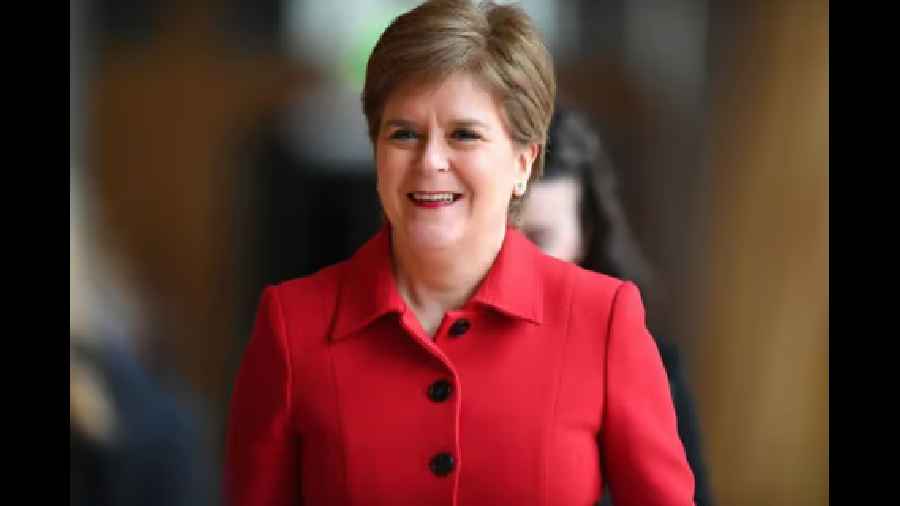In a surprise move, Nicola Sturgeon on Wednesday announced her decision to resign as the First Minister of the devolved UK region of Scotland and leader of the governing Scottish National Party (SNP).
As one of the most prominent Scottish leaders campaigning for Scotland’s independence, the 53-year-old said that now felt like the right time for her to take a step back after eight years of leading the SNP.
Sturgeon described it as "the very best job in the world" but one that had also taken its toll.
"In my head and in my heart I know that time is now, that it is right for me and my party and for the country," Sturgeon told reporters.
British Prime Minister Rishi Sunak thanked her for her "long-standing service" to the country, with many other leaders echoing a similar sentiment.
The longest-serving and first woman First Minister of Scotland insisted her decision was not the result of "short-term pressures", with reference to some ongoing divisions within the SNP about the issue of transgender rights.
Instead, she said her decision to make way for a new leader frees the SNP to choose the path it believes to be the right one when it comes to Scottish independence, which is due to be discussed at a special conference next month.
She added: "I am not expecting violins here, but I am a human being as well as a politician. Giving absolutely everything of yourself to this job is the only way to do it. The country deserves nothing less".
"But in truth that can only be done by anyone for so long. For me, it is now in danger of becoming too long. My decision comes from a place of duty and of love. Tough love, perhaps, but love nevertheless for my party and above all for the country," she said.
Sturgeon said she will remain in her post until the SNP elects a new leader to take over and would remain as a Member of the Scottish Parliament (MSP), at least until the next election due for the Scottish Parliament called Holyrood House by 2026.
As First Minister, her political career has been a successful one, having secured election successes at every election as party leader and has continued to push for Scottish independence, lately campaigning for a second referendum on the decision.
Her exit will be seen as an opportunity by both the Conservatives and Labour Party to regain some ground in Scotland, lost to the dominant SNP.
Except for the headline, this story has not been edited by The Telegraph Online staff and has been published from a syndicated feed.











